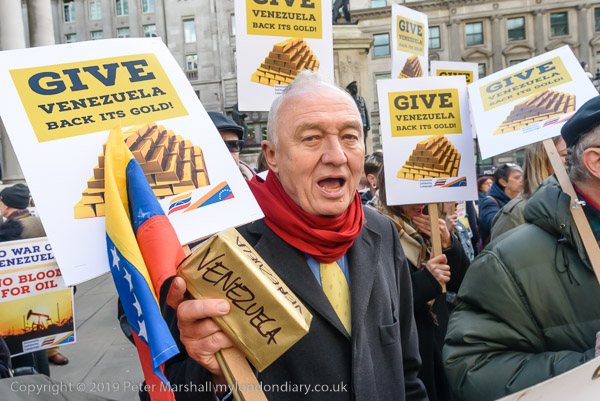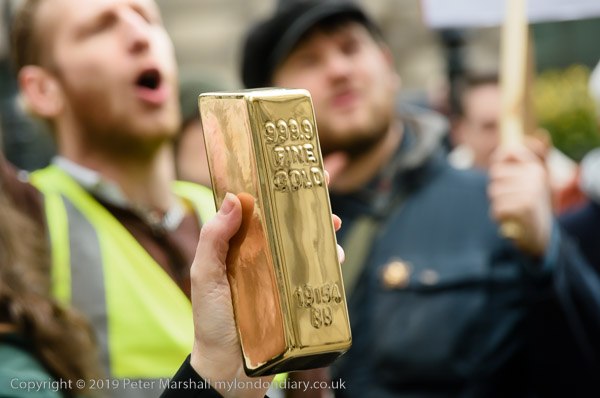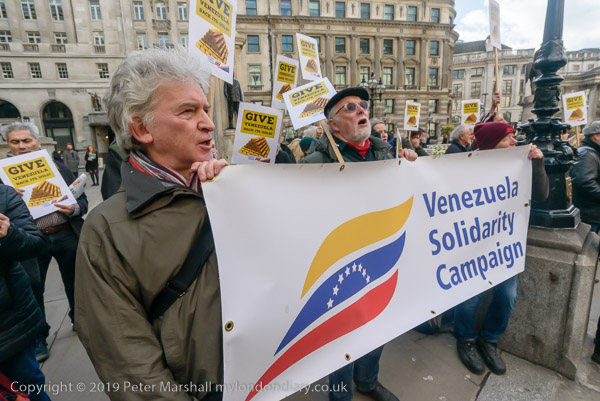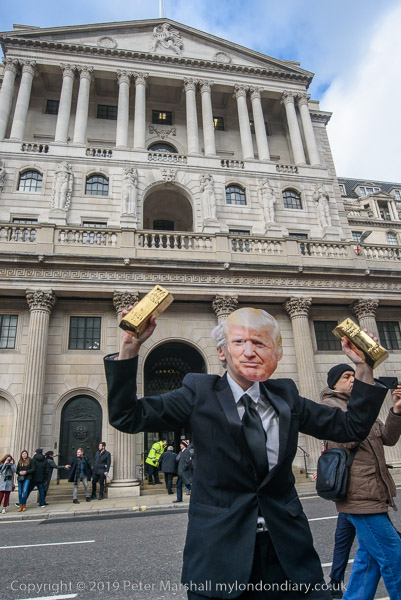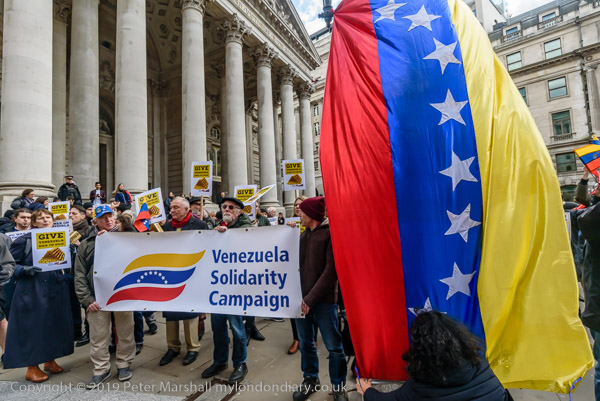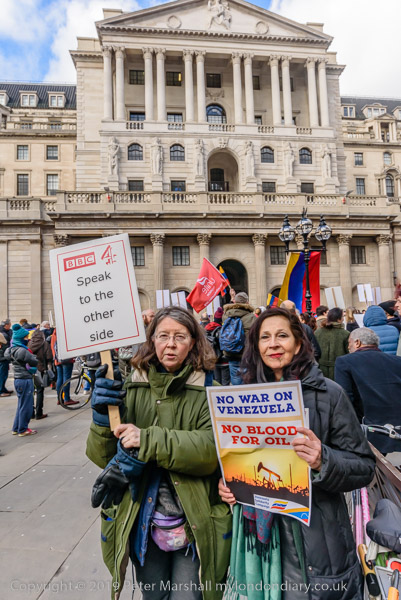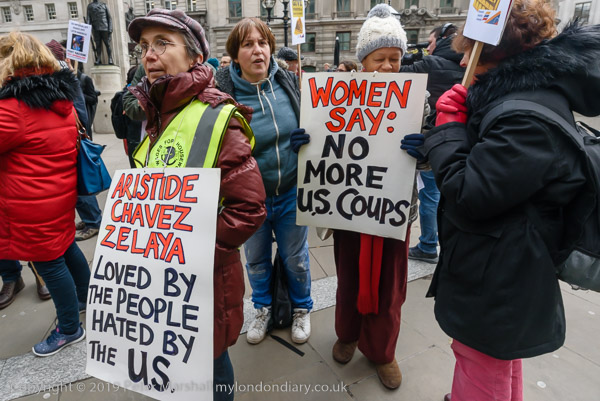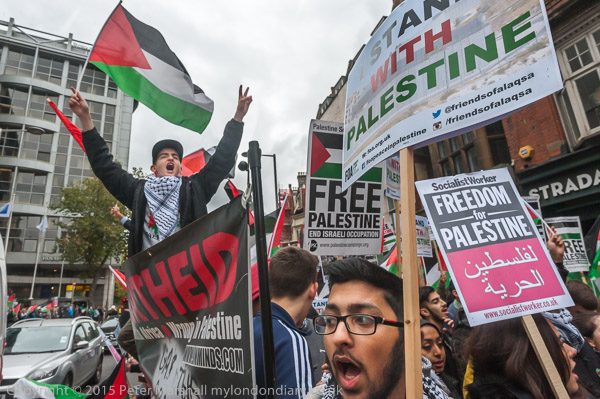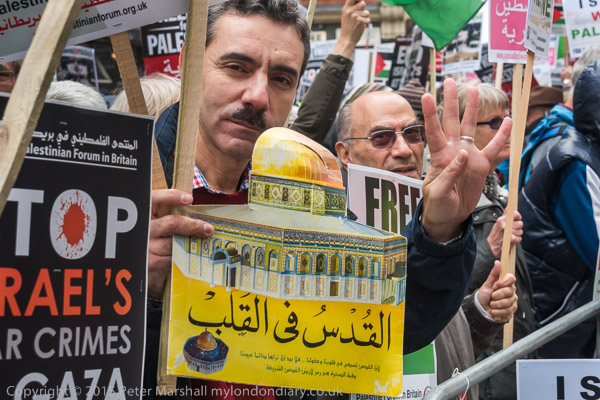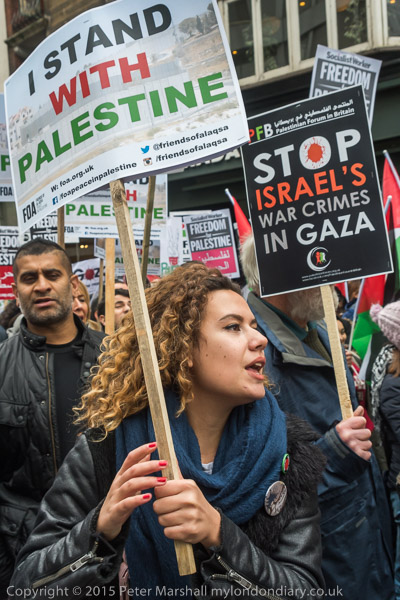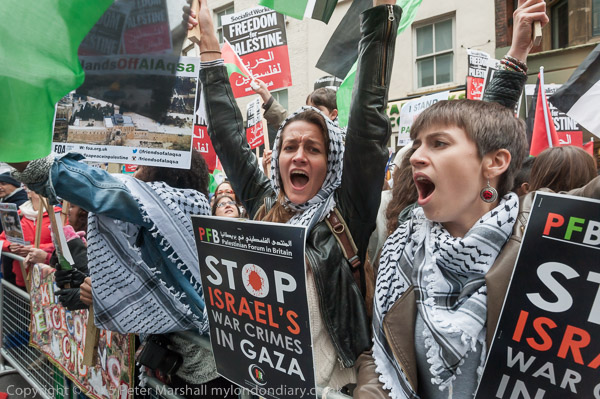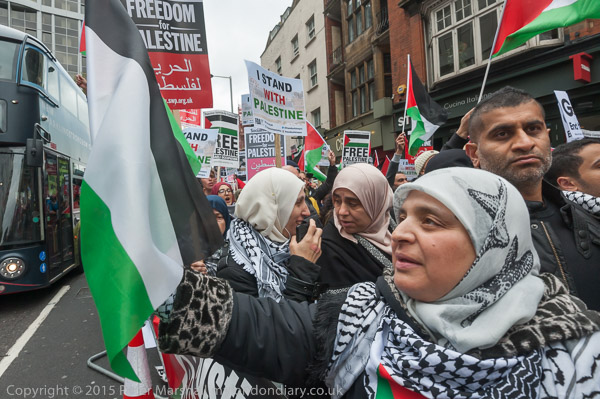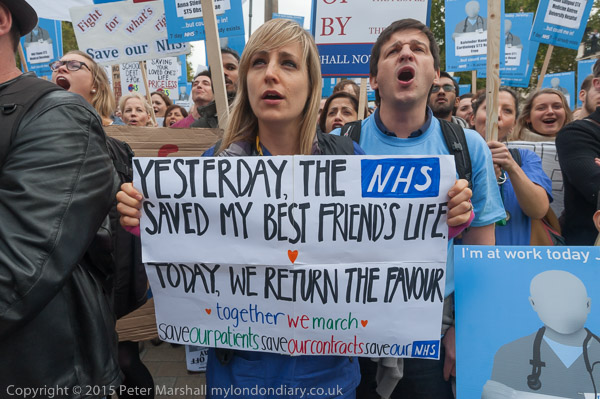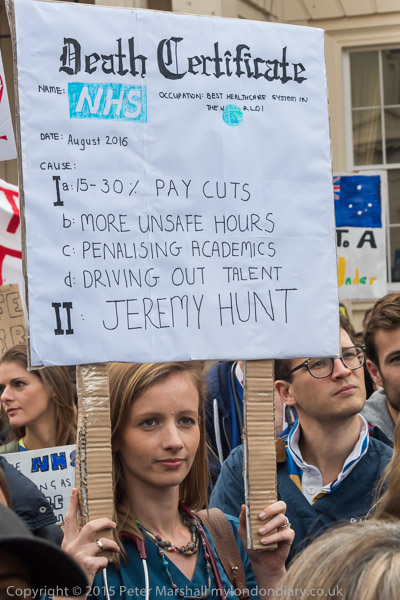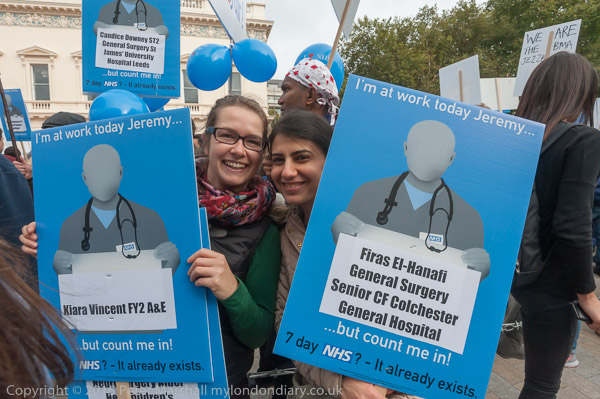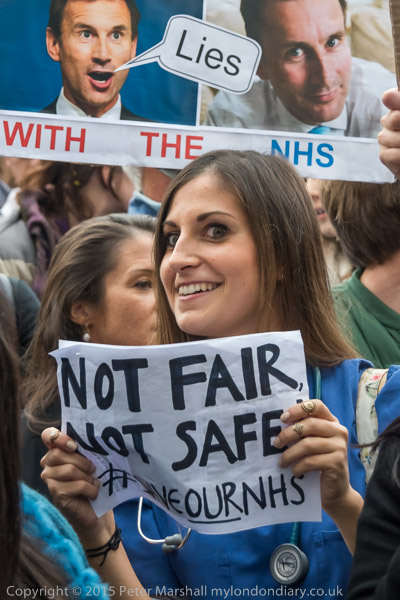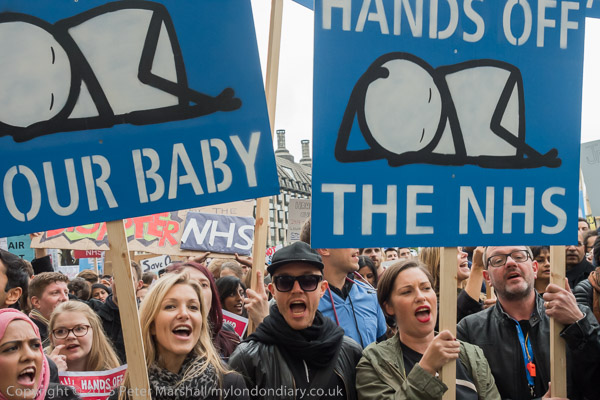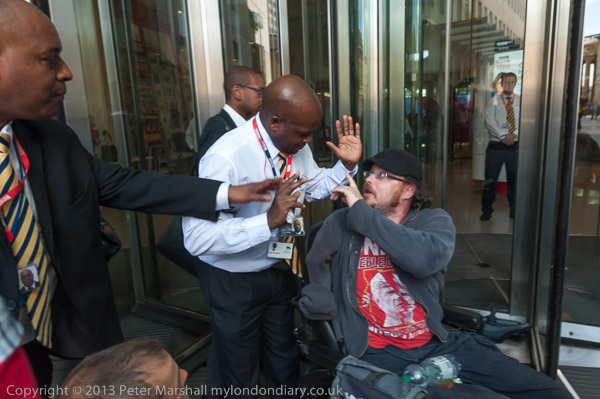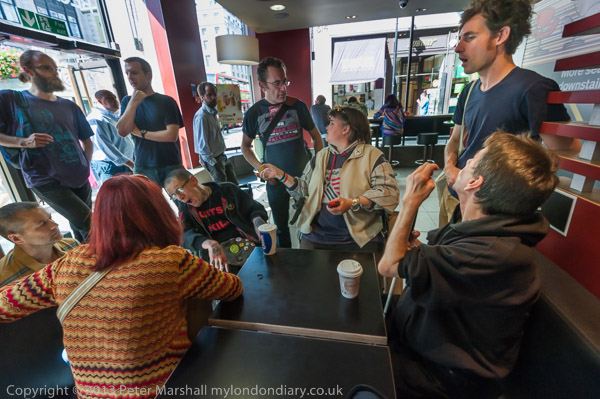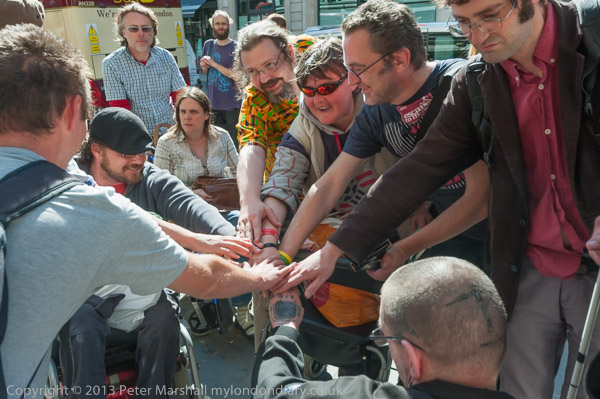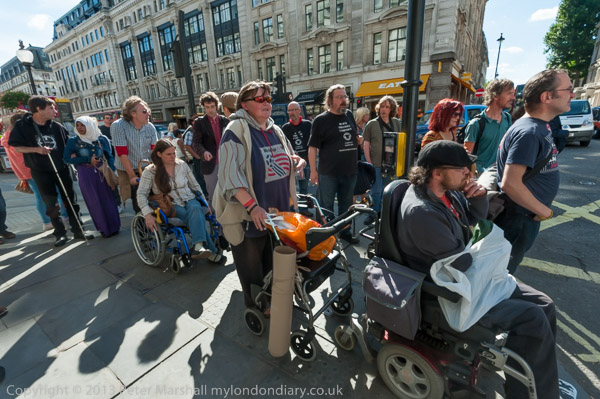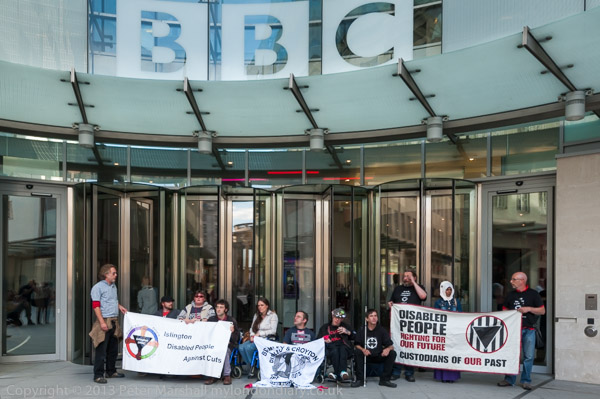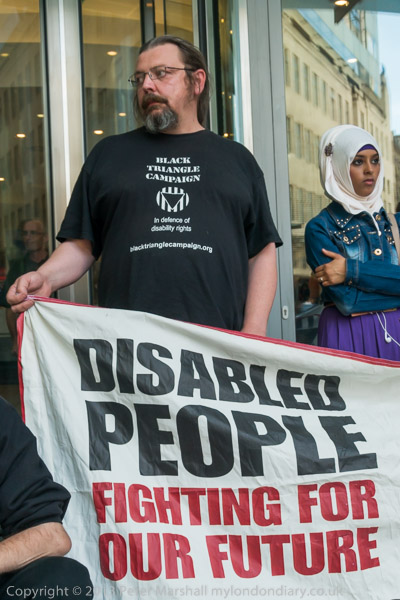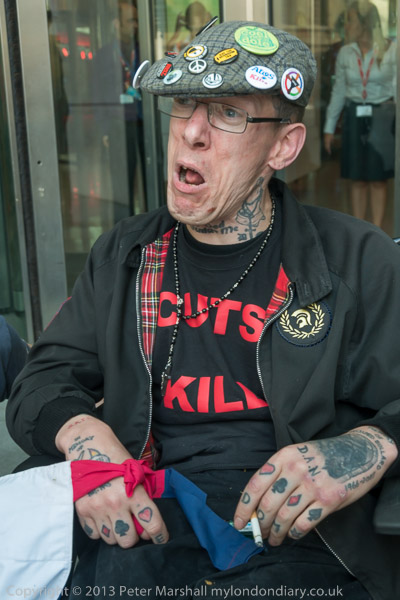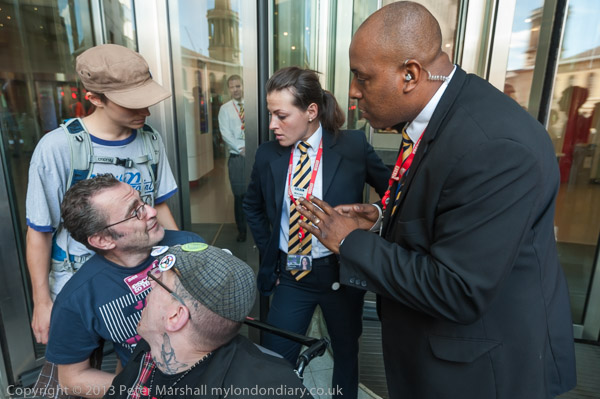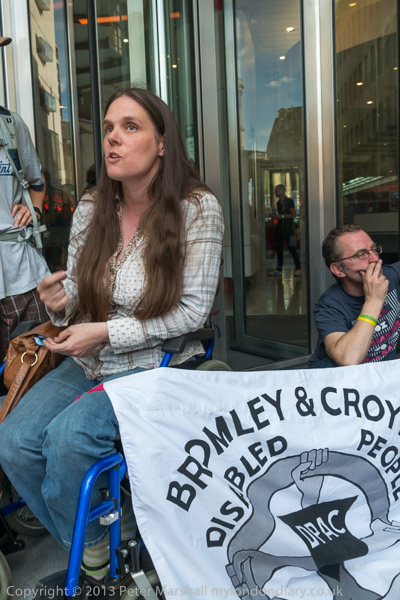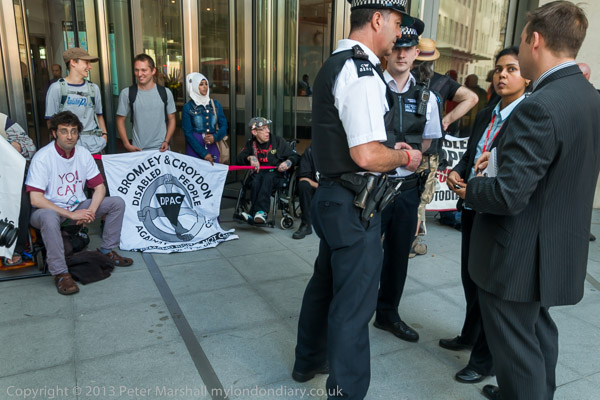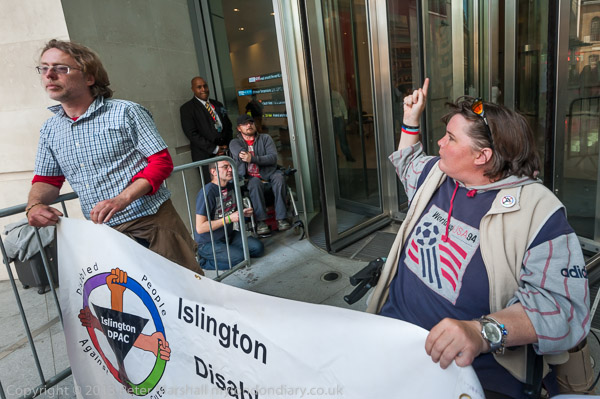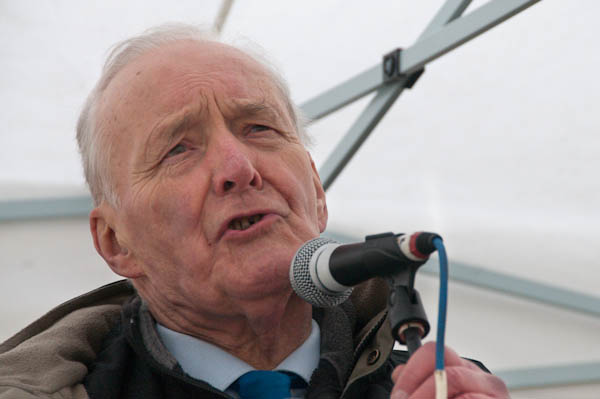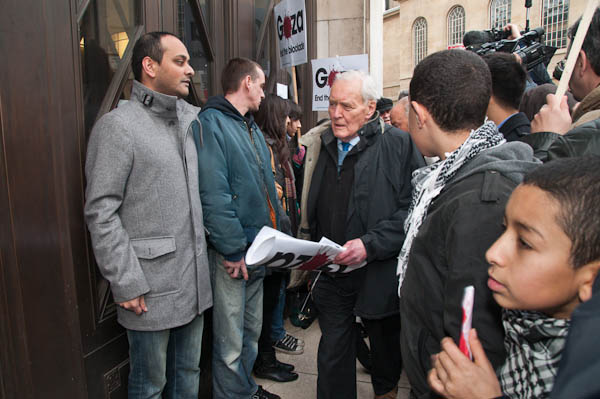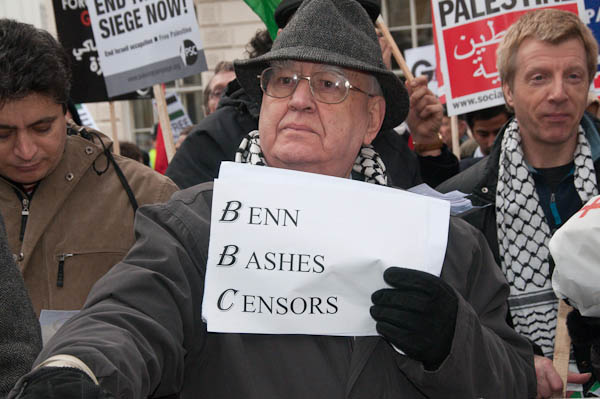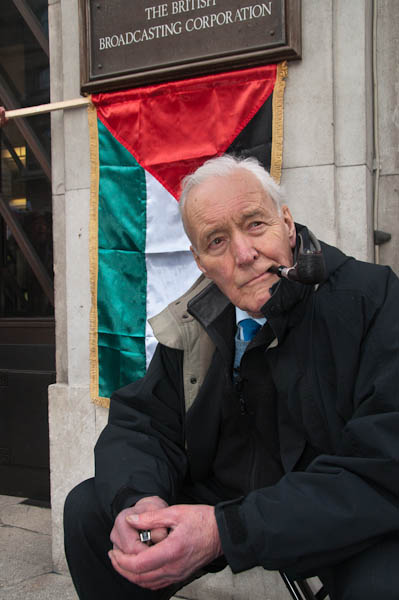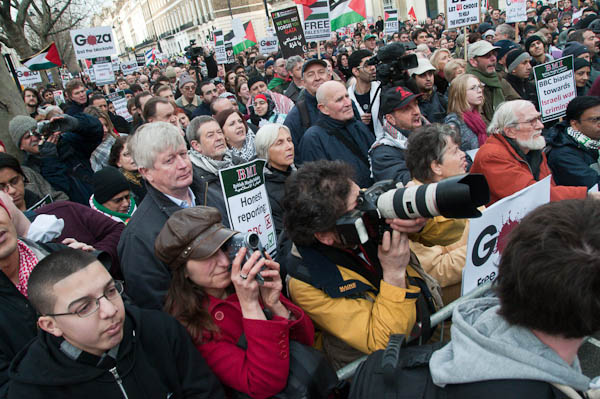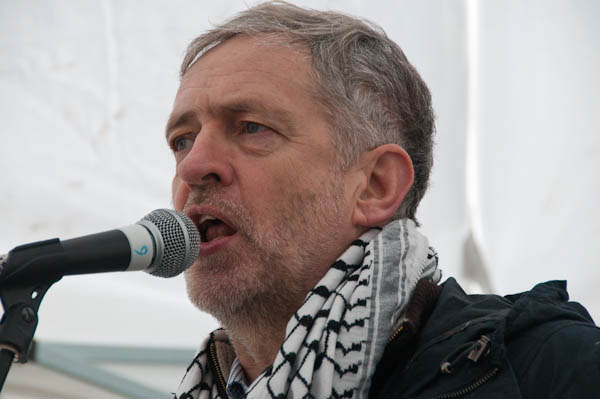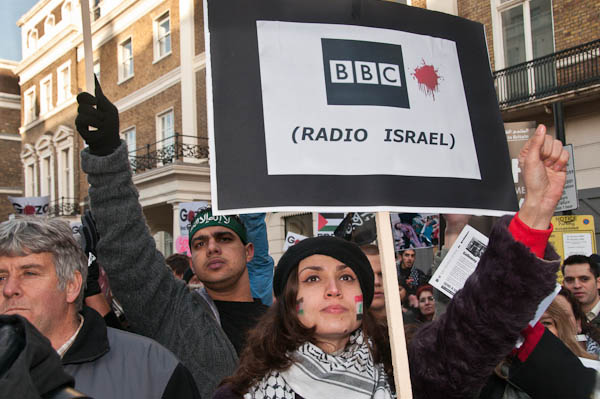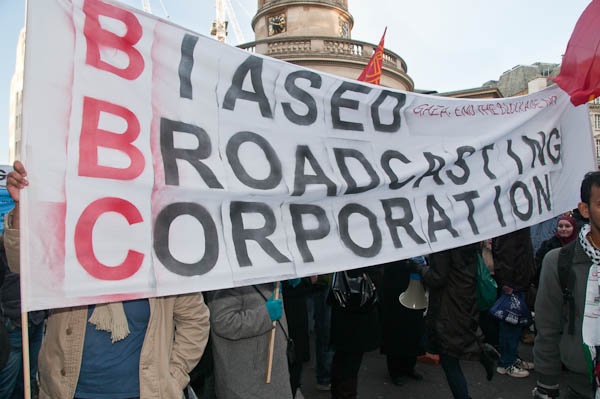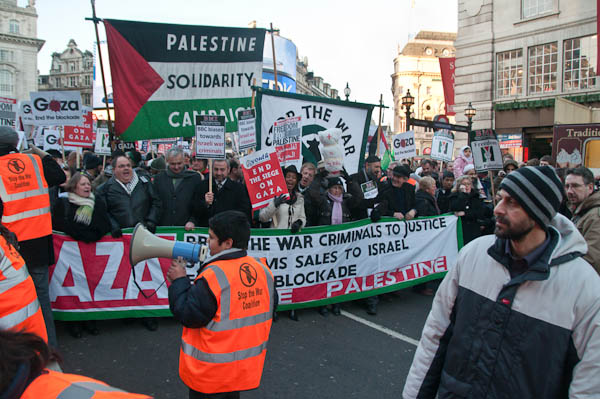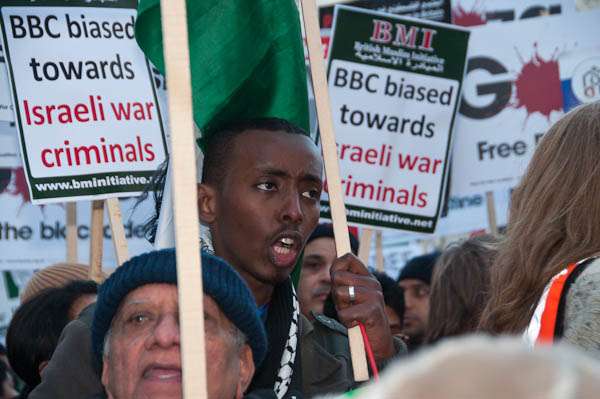Iraq War & Climate Change: Two separate protests on Saturday 29th March. The invasion of Iraq had begun nine days earlier and there were protests against it around the country including one I covered outside the BBC where a march from North London came to protest against the biased coverage on BBC radio and TV.
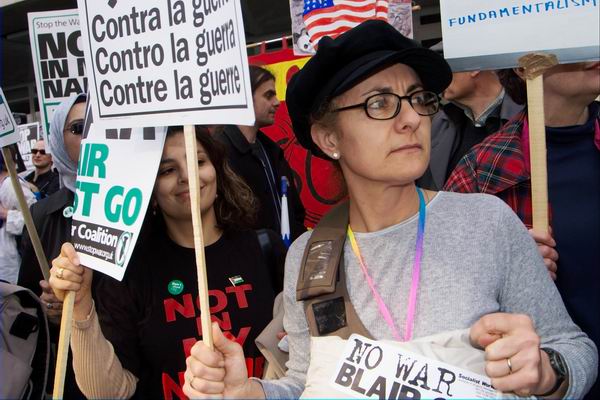
Broadcasters were carefully toeing the government line on the war and acting as its mouthpiece. The country was at war and accurate unbiased coverage appeared to be the first casualty.

I didn’t write much about the protest, but the pictures and the posters and placards told the story.

The BBC lost a great deal of credibility over its coverage and I don’t think it has ever recovered from this, And of course it has gone on with biased coverage of other situations including its coverage of the attacks on Jeremy Corbyn and of the Israeli government’s actions in Palestine over the years and particularly the genocidal attacks since the October 7th Hamas attack.

After the protest at the BBC I went on to cover an event calling for urgent action on Climate Change. Twenty two years ago there was still time to avoid its worst effects – if the world took urgent action, but instead most governments dragged their feet, driven by fossil fuel interests and making largely token changes if any. In the UK we are still thinking in a way that should be unthinkable about discovering and exploiting new oil resources such as Rosebank and BP has recently moved away from Green energy back to oil. Total madness.
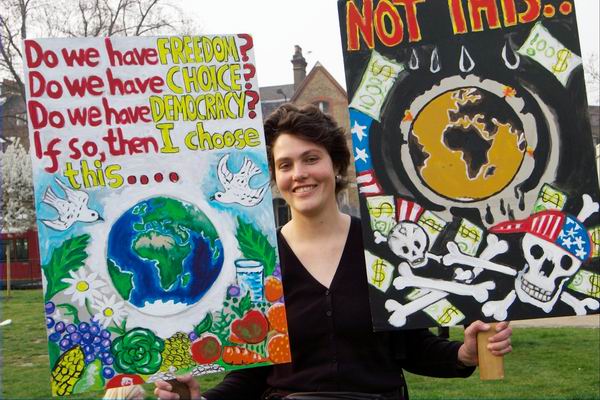
The Kyoto Protocol had been agreed at the United Nations Framework Convention on Climate Change (UNFCCC) in December 1997 and set targets industrialized countries and the European Union to reduce their emissions by an average of 5% below 1990 levels during in 2008-2012. Some did, although largely by various ways of fiddling the figures, but the major polluters – India, China and the USA made no attempt to do. The main cause of its failure was that the United States never ratified the agreement.

Kyoto was largely replaced by the 2015 Paris agreement and we are now seeing the results of the failure of this to be properly implemented. But here is what I wrote about the ‘Kyoto march’ organised by the Campaign Against Climate Change on Saturday 29th March.

Marchers had started at the UK Esso HQ in Leatherhead and were marching to a party outside the US Embassy. I joined them at the Imperial War Museum to take photographs.

The march marked the the second anniversary of Bush’s decisive rejection of the Kyoto climate treaty. Esso (ExxonMobil) is a key partner in Bush’s energy policy and its opposition to controls on energy use. The per capita energy use of US citizens is dramatically higher than that of other advanced countries, with no incentives for its reduction and a policy of low tax on fuel that makes the US by far the worst polluter of the planet.

More pictures from the Iraq war protest on My London Diary – and on the Kyoto March here.
Flickr – Facebook – My London Diary – Hull Photos – Lea Valley – Paris
London’s Industrial Heritage – London Photos
All photographs on this page are copyright © Peter Marshall.
Contact me to buy prints or licence to reproduce.
